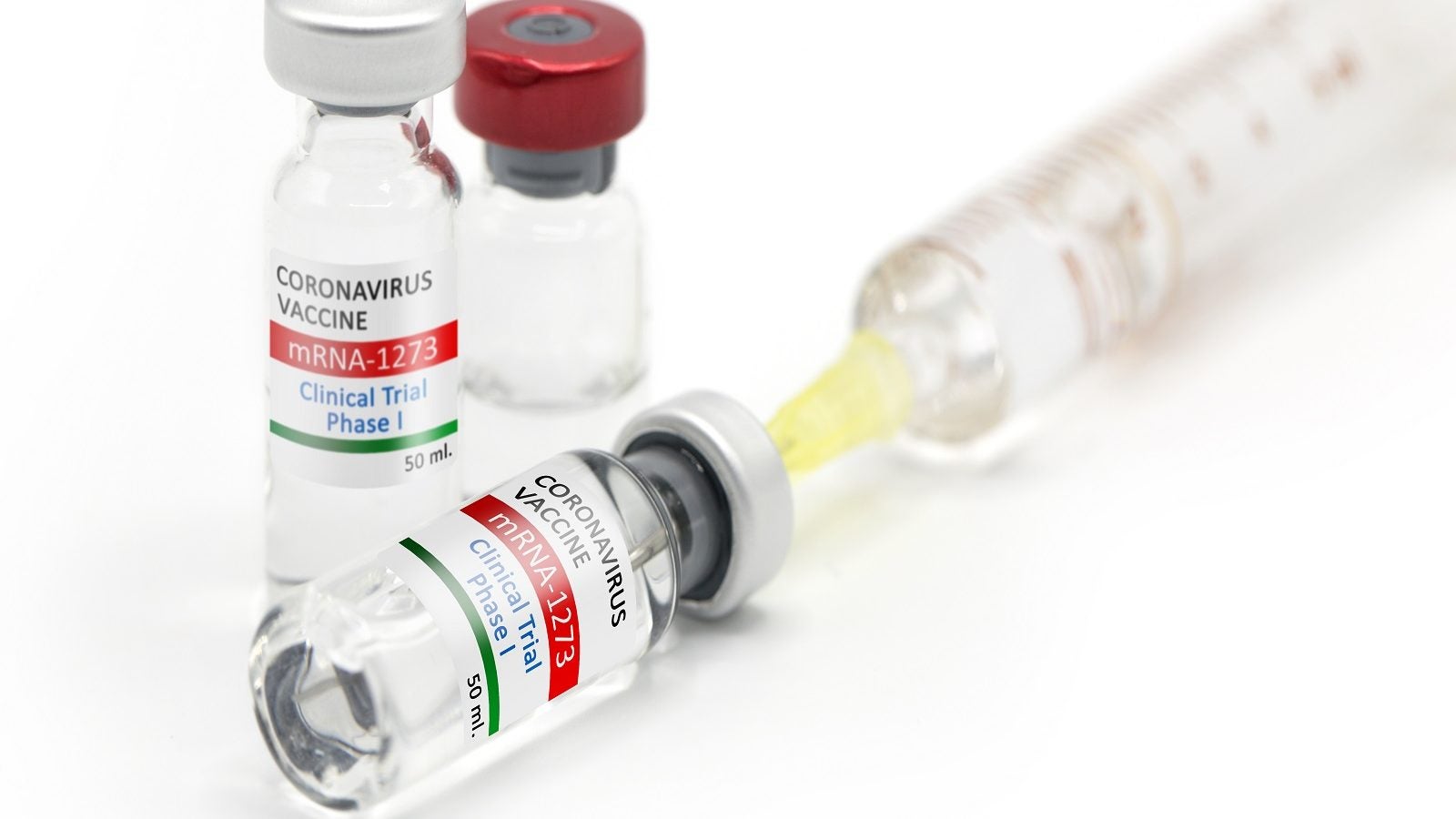
The US Food and Drug Administration (FDA) has awarded fast-track designation to Moderna mRNA vaccine candidate, mRNA-1273, developed to protect against Covid-19.
Fast-track designation enables development and speed-up of the review of therapies and vaccines that target serious conditions and fill an unmet medical need.

Discover B2B Marketing That Performs
Combine business intelligence and editorial excellence to reach engaged professionals across 36 leading media platforms.
Programmes with the designation could see early and frequent communication with the FDA, along with a rolling submission of the marketing application.
Previously, Moderna obtained fast-track designation for its investigational Zika vaccine, methylmalonic acidemia and propionic acidemia programmes.
Moderna chief medical officer Tal Zaks said: “Fast-track designation underscores the urgent need for a vaccine against the novel coronavirus.
“As we await the full set of clinical data from the NIAID-led Phase I study, we are actively preparing for our Phase II and Phase III clinical studies to continue learning about the potential of mRNA-1273 to protect against SARS-CoV-2.”

US Tariffs are shifting - will you react or anticipate?
Don’t let policy changes catch you off guard. Stay proactive with real-time data and expert analysis.
By GlobalDataThe FDA completed its review of the investigational new drug (IND) filing for mRNA-1273 on 6 May, allowing the launch of a Phase II clinical trial.
The Phase II study will assess the safety, reactogenicity and immunogenicity of two vaccinations of mRNA-1273 administered 28 days apart. It will enrol 600 healthy volunteers aged 18 years and above.
Participants will be given placebo, a 50μg or a 250μg dose at both vaccinations and followed through 12 months following the second vaccination.
The company is finalising the protocol for a Phase III study. The Biomedical Advanced Research and Development Authority (BARDA) funding helped plan these studies and will support the late-stage clinical programmes.
In addition, the funding will be used to scale up manufacturing of the vaccine candidate at the company’s facilities and at that of its strategic partner, Lonza.




